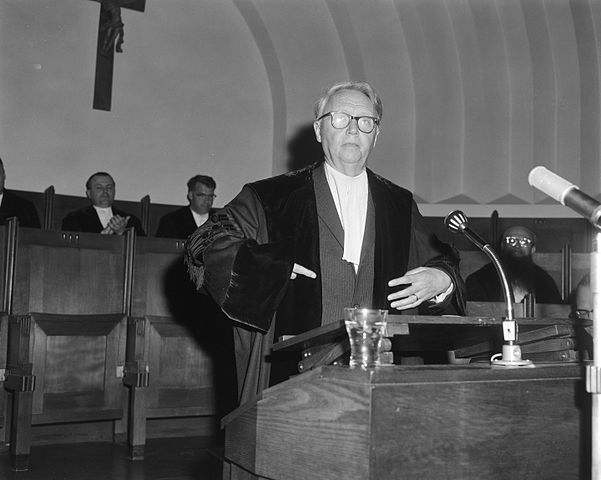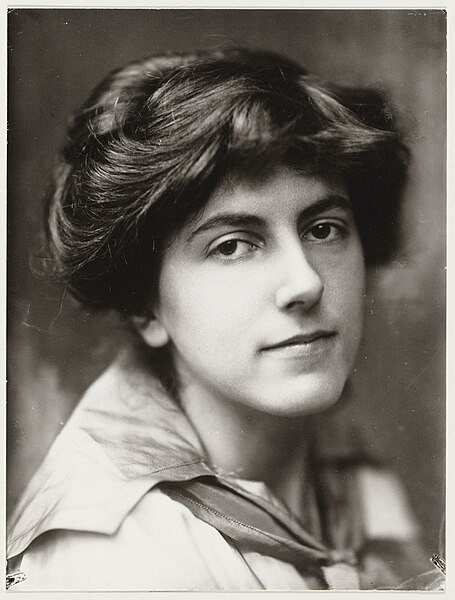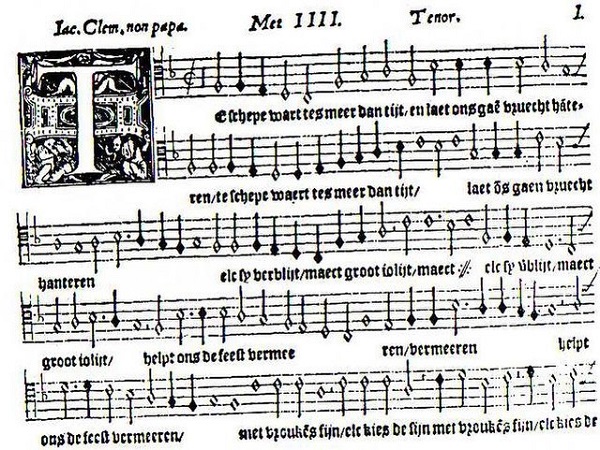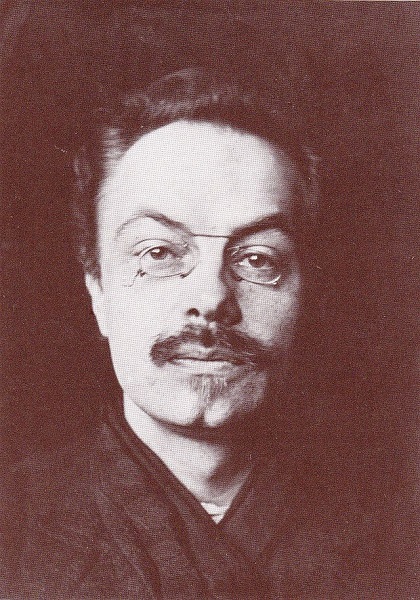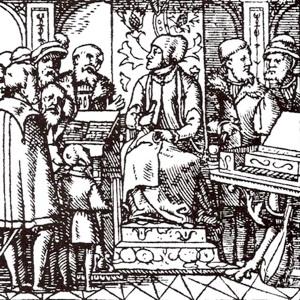Born in Amsterdam, Sept 2, 1862
Died in Amsterdam, April 5, 1921
- Dutch composer Alphons Diepenbrock was a skilled musician from an early age, particularly proficient in piano, organ, and violin. Though he longed for a career as a composer and conductor, his family convinced him to study classical languages instead.
- Diepenbrock began his professional career as a classics teacher while studying composition on the side. Fun fact – he received no formal training in composition and instead taught himself through extensive study of composers he admired, such as Wagner.
- Around 1895, Diepenbrock decided to devote himself to music, though he still supported himself by teaching Latin and Greek and cultural writing articles. He finally gained notoriety as a composer around the turn of the century, gaining the recognition (and consequent friendship) of Gustav Mahler.
- As a composer, Diepenbrock’s musical voice incorporated 16th-century polyphony and Wagnerian chromaticism. After extensive study of Debussy’s works in the last decade of his life, his musical style shifted to include impressionism.
- “Diepenbrock’s music is passionate and sensitive, without falling into the excesses of late Romanticism.”
- Diepenbrock was largely inspired by poetry; consequently, the bulk of his compositional oeuvre is vocal music.
Learn More
Biography from the Philadelphia Chamber Music Society
Short biography from the Kennedy Center

